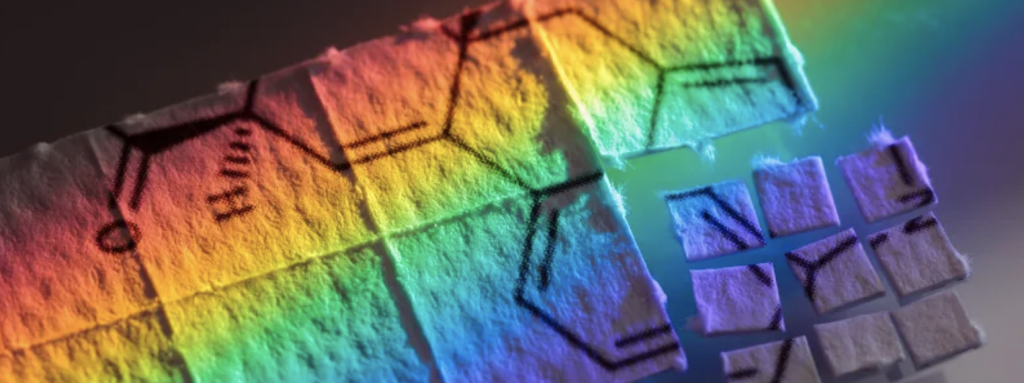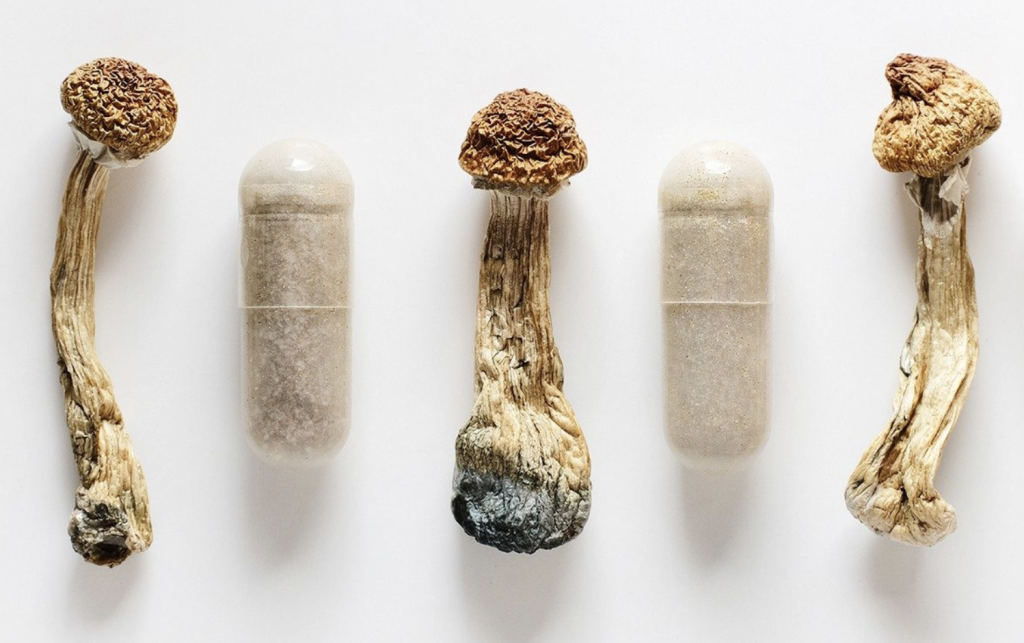
Attention Deficit Hyperactivity Disorder (ADHD) is a neurodevelopmental disorder that affects both children and adults. It is characterized by symptoms such as inattention, hyperactivity, and impulsivity, which can significantly impact daily functioning and quality of life. While there are various treatment options available, including medication and therapy, researchers are constantly exploring new avenues to improve the lives of individuals with ADHD. Recently, a groundbreaking study conducted by the Department of Neuropsychology and Psychopharmacology at Maastricht University in the Netherlands has shed light on the potential benefits of microdosing psychedelics for people with ADHD.
The study aimed to investigate the effects of microdosing non-hallucinogenic psychedelics on mindfulness and personality traits in individuals with ADHD. Over the course of four weeks, nearly 250 participants were asked to repeatedly take small amounts of these substances, while their mindfulness and personality traits were measured. The results of the study were both intriguing and promising.
The Link Between Microdosing and Mindfulness

One of the key findings of the study was that over 80% of the participants reported practicing mindfulness. This suggests a potential connection between microdosing psychedelics and the cultivation of mindfulness in individuals with ADHD. Mindfulness is the practice of being fully present and engaged in the present moment, without judgment. It has been shown to have numerous benefits for mental health, including reducing stress and anxiety, improving focus and attention, and enhancing overall well-being.
The results of the study indicated that trait mindfulness, particularly the aspects of description and non-reactivity, were significantly increased in individuals who had been microdosing psychedelics. This suggests that microdosing may have the potential to enhance mindfulness in individuals with ADHD, which could have a positive impact on their symptoms and overall functioning.
It is important to note that the study focused specifically on non-hallucinogenic psychedelics, which means that participants did not experience any psychedelic effects or hallucinations. Instead, they took small amounts of these substances that were below the threshold for producing any perceptible changes in consciousness. This approach was chosen to minimize potential risks and ensure the safety of the participants.
The Role of Microdosing in ADHD Treatment

The findings of this study have significant implications for the treatment of ADHD. Currently, the most common treatment options for ADHD include medication, such as stimulants or non-stimulants, and behavioral therapy. While these treatments can be effective for many individuals, they are not without their limitations. Some individuals may experience side effects from medication, or find that their symptoms are not adequately controlled. In addition, therapy may not be accessible or affordable for everyone.
Microdosing psychedelics could potentially offer a new and alternative treatment option for individuals with ADHD. By enhancing mindfulness and improving attention and focus, microdosing may help individuals better manage their symptoms and improve their overall well-being. It is worth noting that microdosing should always be approached with caution and under the guidance of a healthcare professional, as it is still a relatively new and understudied area.
Further research is needed to fully understand the potential benefits and risks of microdosing psychedelics for ADHD. However, this study provides a solid foundation for future investigations and highlights the importance of exploring innovative approaches to ADHD treatment.
Conclusion
The recent study conducted by the Department of Neuropsychology and Psychopharmacology at Maastricht University has provided valuable insights into the potential benefits of microdosing psychedelics for individuals with ADHD. The findings suggest that microdosing may enhance mindfulness and improve traits associated with ADHD, offering a new and alternative treatment option for those living with the condition.
As with any new treatment approach, it is important to approach microdosing psychedelics with caution and under the guidance of a healthcare professional. Safety and responsible use should always be the top priority. With continued research and open-mindedness, the potential benefits of microdosing psychedelics for ADHD may become clearer, offering new possibilities for individuals seeking relief from the challenges associated with this condition.





